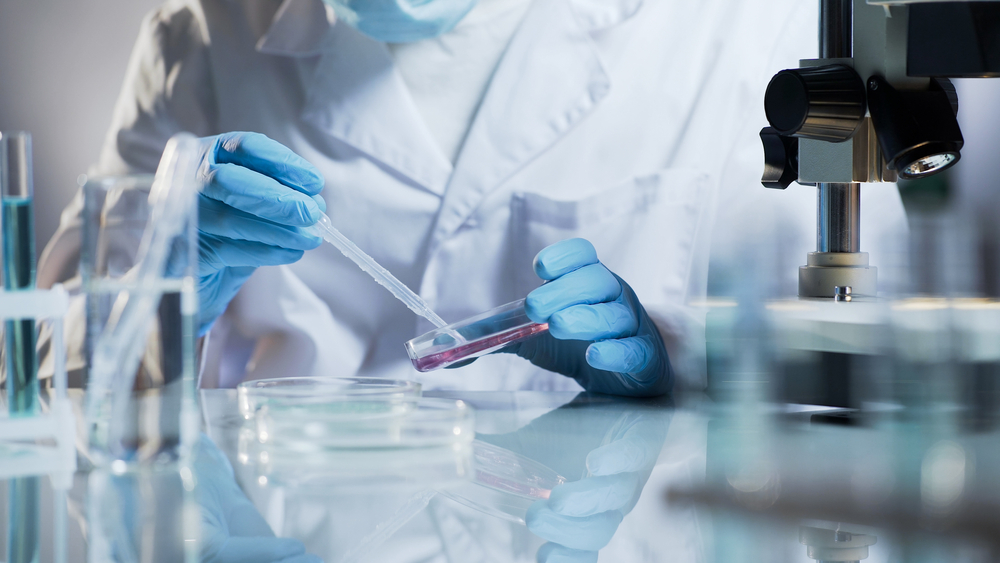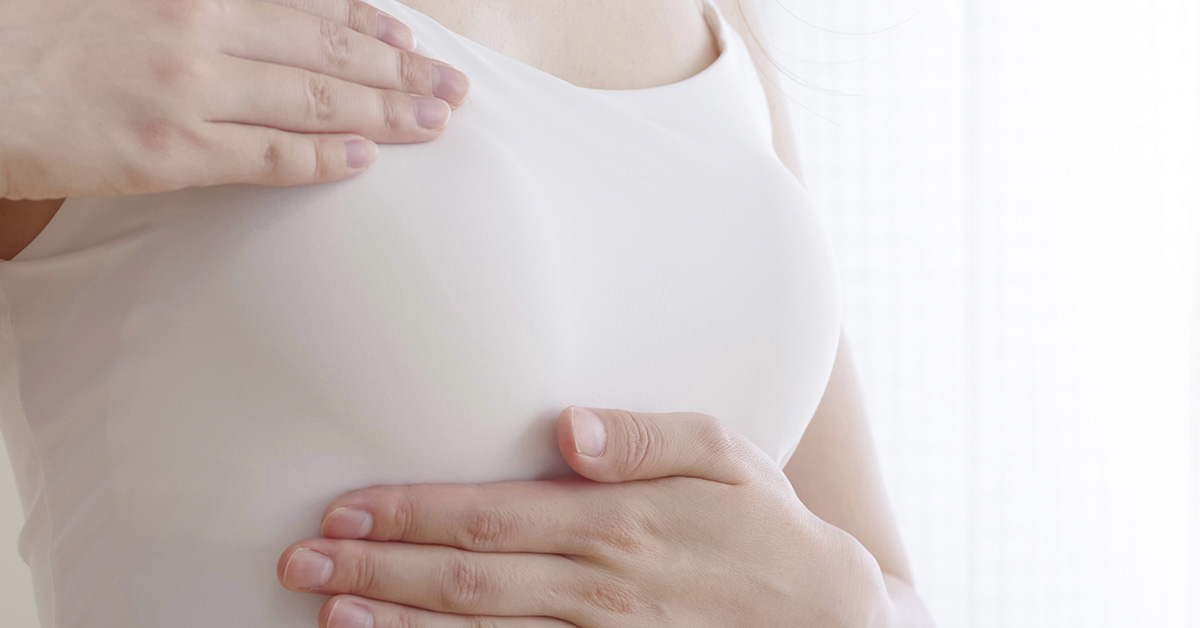A scientist may have found the cure for breast cancer, but through a controversial approach. Beata Halassy, 50, is a PhD virologist who successfully treated her own breast cancer by injecting herself with viruses known to attack cancer cells. This method is known as oncolytic virotherapy (OVT) and is currently being studied as an experimental cancer treatment. Yet it hasn’t been approved for standard care. Halassy submitted her story to inform other professionals in her field, but at first, many journals refused because it involved the dubious ethics of self-experimentation.
The Unorthodox Trial

Halassy had undergone chemotherapy and a mastectomy before resorting to her unorthodox treatment to cure her recurring breast cancer. Her approach began with growing a series of viruses in her own lab. Then she injected them directly into the tumor to make it possible to surgically remove. The viruses included a strain of measles found in vaccines, and a strain of a vesicular stomatitis virus that affects livestock. Fortunately, the multiple injections were well tolerated. Two months later, imaging and clinical observations discovered the tumor had shrunk and was no longer invading the surrounding skin and muscle. Doctors then removed the tumor, and Halassy completed one year of trastuzumab adjuvant therapy. (This is a standard treatment for breast cancer that usually follows chemotherapy to reduce the risk of recurrence). Forty-five months after the tumor removal, she remains cancer-free.
The journal Vaccines accepted her report but others objected due to ethical concerns. Despite the scientific merit of her paper, they were concerned that “publishing her results could encourage others to reject conventional treatment and try something similar.” Halassy agrees with that sentiment, saying it was “a brave editor to publish the report.” The study itself warns others against following her protocol.
Read More: In World First, Teenage Boy is Cured of Lethal Brain Cancer
The Self-Experimentation Debate

“Halassy joins a long line of scientists who have participated in this under-the-radar, stigmatized and ethically fraught practice” Nature writes. There are some examples of successful self-experimentation, the most famous being Dr. Barry Marshall. He drank a bacterial solution to prove ulcers came from infectious bacteria and not stress. This discovery changed the treatment of peptic ulcer disease, potentially saved millions of lives, and earned him the 2005 Nobel Prize in medicine. But self-experimentation history is full of tragedy as scientists end up hurt or dead.
Keep in mind, Halassy worked closely with her physicians to plan her experiment to cure her breast cancer. They monitored her condition to intervene if needed. Additionally, being a virologist, she was fully informed of the risks of her approach. However, many less-informed researchers may embark on similar self-experiments with higher risks and less medical supervision. In the Conversation Bioethicists Jonathan Pugh, Dominic Wilkinson, and Julian Savulescu write: “The availability of biotechnologies, and the prevalence of open-source science has led to the development of ‘bio-hacking’ communities engaging in various forms of self-experimentation.” Additionally, “other patients might be tempted to follow in Halassy’s footsteps and attempt an unconventional therapy, perhaps before using other standard therapies.”
Despite these concerns, people still have the right to bodily autonomy. This means they have the right to refuse tried-and-true methods and attempt self-experimentation. (That is, if they are of sound mind, and are making their decisions on their own without external influences.) But at the same time, journals have the right to choose what to publish based on their own code.
A Risky Cure for Breast Cancer

With that in mind, Paul Hsieh, M.D., writes in Forbes that he supports publishing self-experimentation studies with scientific merit (whether the results are positive or negative) in order to let “others learn as much as possible from the data.” He added that it’s likely the public will find out about the studies through social media anyway. “Allowing self-experimenting researchers to publicize their methods and data in peer-reviewed scientific outlets will maximize the chances that the general public receives good information and minimize the spread of dangerous misinformation.”
The study itself advises against self-medicating with oncolytic viruses to cure a new diagnosis of breast cancer. Rather, the authors “wish to encourage formal clinical trials of assessing OVT as neoadjuvant therapy in early cancer.” They conclude that the success of the study “supports the possibility that tumour shrinkage and downstaging before surgery may be effectively achieved by OVT, which, if applied in patients with earlier stages of cancers, may also effectively induce anti-tumour immunity. Consequently, better control and long-term outcome of the disease may be achieved.”
Read More: Could this therapy cure cancer with just one injection?

